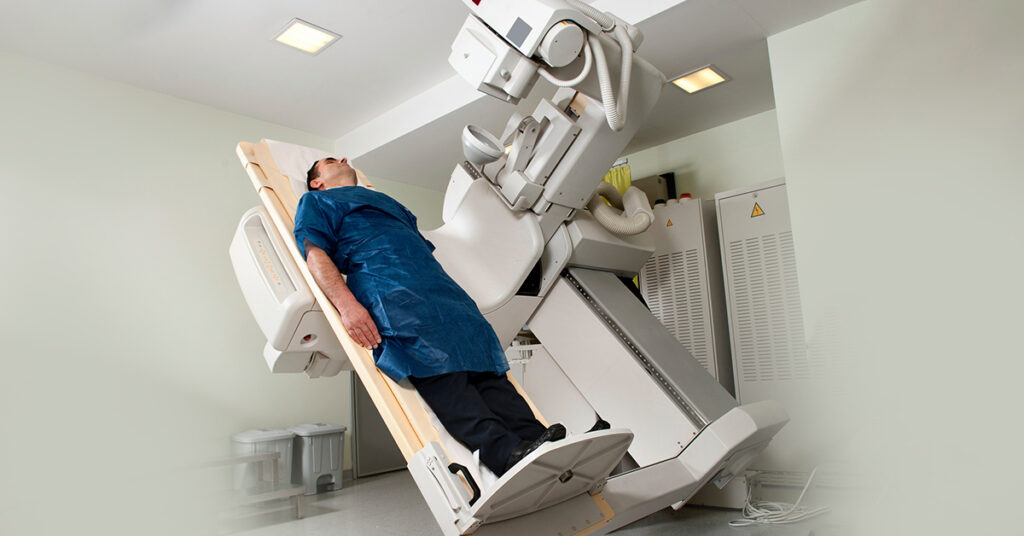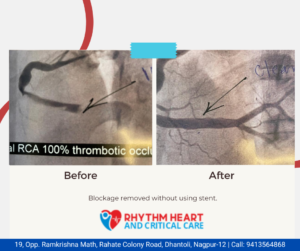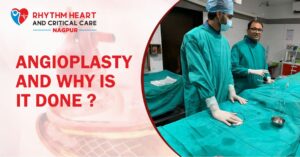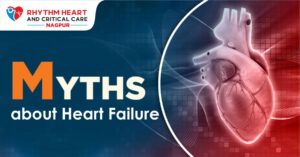The Head Up Tilt Test (HUT) is an essential diagnostic tool used to evaluate symptoms of dizziness and fainting. This test helps doctors understand how your cardiovascular system responds to changes in posture and can be crucial in diagnosing conditions related to blood flow and heart function.
What Is the Head Up Tilt Test?
The Head Up Tilt Test is a non-invasive procedure designed to assess how your body responds to changes in position. During the test, you will lie on a table that tilts from a horizontal to an upright position. This change in posture simulates the effect of standing up quickly, which can trigger symptoms like dizziness and fainting in some individuals.
Why Is the Head Up Tilt Test Important?

For many people, dizziness and fainting are more than just occasional inconveniences; they can be symptoms of underlying health issues. The Head Up Tilt Test provides valuable insights into how your cardiovascular system handles these symptoms, particularly in response to changes in body position. Here’s why this test is significant:
- Diagnosis of Syncope (Fainting): The Head Up Tilt Test is particularly useful in diagnosing syncope, or fainting. By observing how your heart rate and blood pressure respond to the tilt, doctors can determine if the fainting episodes are related to orthostatic hypotension or other cardiovascular conditions.
- Assessment of Dizziness: Dizziness can result from a range of issues, from benign to serious. The HUT helps distinguish between different causes of dizziness, particularly those related to blood pressure and heart function. This is crucial for developing an appropriate treatment plan.
- Evaluation of Autonomic Function: The test assesses how well your autonomic nervous system, which controls involuntary bodily functions, regulates blood pressure and heart rate in response to positional changes. This can reveal abnormalities in autonomic function that might contribute to symptoms.
How Is the Head Up Tilt Test Performed?
During the Head Up Tilt Test, you will be asked to lie on a special table that can tilt upright. The procedure typically involves the following steps:
- Preparation: You will be asked to lie flat on the table while various sensors are attached to monitor your heart rate, blood pressure, and other vital signs.
- Tilting Phase: The table will then be tilted to an upright position, usually to an angle of 60 to 70 degrees. This position is maintained for a set period, typically around 20 to 45 minutes, depending on your symptoms and the doctor’s protocol.
- Monitoring: Throughout the test, your vital signs are continuously monitored. If you experience symptoms like dizziness or fainting, these will be recorded to help diagnose the underlying cause.
- Recovery: After the test, you will be returned to a horizontal position, and your vital signs will be monitored until they stabilize.
Special Considerations
While the Head Up Tilt Test is generally safe, there are a few considerations:
- Pre-Test Preparation: It is important to follow any pre-test instructions provided by your doctor, which may include avoiding food or fluids for a certain period before the test.
- Post-Test Monitoring: After the test, you may need to rest and be monitored for a short period to ensure that any symptoms resolve and your vital signs return to baseline.
- Alternative Tests: If the Head Up Tilt Test is not suitable for you, your doctor may recommend alternative tests such as the active stand test or pharmacologic stress tests to assess similar symptoms.
Benefits of the Head Up Tilt Test
The Head Up Tilt Test offers several benefits for diagnosing dizziness and fainting:
- Non-Invasive: The test is non-invasive and generally well-tolerated, making it a safe option for most patients.
- Detailed Insights: It provides detailed information about how your cardiovascular system responds to changes in posture, which is crucial for accurate diagnosis.
- Guided Treatment: The results from the test can guide your treatment plan, helping to address the root cause of your symptoms effectively.
Highlights:
The Head Up Tilt Test is a valuable diagnostic tool for understanding the causes of dizziness and fainting. By evaluating how your body responds to changes in position, this test helps identify underlying issues related to blood pressure, heart function, and autonomic regulation. If you experience symptoms of dizziness or fainting, discuss with your healthcare provider whether the Head Up Tilt Test might be right for you. At Rhythm Heart and Critical Care Hospital, led by Dr. Manish Juneja, we offer comprehensive evaluation and personalized care. For more information and to explore our services, you can check our website.
If you want to know more about the Head Up Tilt Test, please visit the provided resource for a more detailed understanding.







